What if you got up every morning and you were given an exact amount of money, food, water, and gas for only the current day? For fun, let’s say you don’t have debt, but the rules stay in effect even if you had to travel farther than usual or if something unexpected happened. The next morning, you would get the same amount. The rules also say you are not allowed to save any unused supplies for future purposes.
After asking my team members how they would handle that scenario, a few things came up. Life, in general, would have to be more organized, planned, and scheduled. Each person agreed that they would have to be picky about where their supplies were being spent and how they divvied up the excess if there were any. They all said they would first have to ensure self-preservation. Since there was a limited amount coming in and an amount they could count on the next day, there would be less stress about making decisions because most decisions would have to be predetermined. The final decisions on how to spend the daily rations boiled down to two criteria: self-preservation and adding value to either their lives and/or the lives of people around them, which could have been family, friends, or strangers.
 Humans do not have an endless amount of mental energy and emotional equity. When we use our mental energy at work, dealing with people, problems, coming up with solutions, and multi-tasking, our mental energy only lasts so long. To regain that energy, we need to stop and recharge which needs to be done daily. Exercise, sleep, quiet time, spiritual reflection, and breaks from work (to name a few) all help us recharge mentally. Emotional equity is built up and fortified by recognizing that although emotions are fleeting and capricious, they are very important indicators about our inner self.
Humans do not have an endless amount of mental energy and emotional equity. When we use our mental energy at work, dealing with people, problems, coming up with solutions, and multi-tasking, our mental energy only lasts so long. To regain that energy, we need to stop and recharge which needs to be done daily. Exercise, sleep, quiet time, spiritual reflection, and breaks from work (to name a few) all help us recharge mentally. Emotional equity is built up and fortified by recognizing that although emotions are fleeting and capricious, they are very important indicators about our inner self. 
Emotional equity is strength in controlling usage of emotions for decision-making versus understanding emotions are indicators. Equity is saved when we learn to not make decisions during emotional times; when we don’t allow our stress levels to be connected to emotional situations; and when we don’t allow habits to be formed whenever emotions are triggered. Emotional equity is fortified (strengthened) when we redirect our reactions. We will then stop the cycle of allowing our emotions to dictate our decisions. Equity is built by taking part in spiritual and/or personal growth activities.
Please know, that every day we play that game above for real. Every day we have a limited amount of mental energy and emotional equity that allows us to deal with stress and pressure effectively. Every day we have just so much mental energy that we can give out before something gives in. If we don’t keep adding to our emotional equity, we will withdraw from it and then our emotions will start controlling us.
It is good to have limits though. This isn’t a negative quality or human flaw. We are designed like this. We need to consistently find a quiet place and unplug, we need to stop and refill personally, emotionally, spiritually, and physically. When you do refill you are putting your wellness first.
Studying the answers from the game clarifies some the things we need to do daily to keep our mental and emotional mindset in check. What about being organized, planning, and scheduling? How can that be applied to our mental and emotional Inner Game? It is possible to think ahead about meetings, interactions, people and tasks that will need attention. Which ones will need more energy or less? Should any of them be limited in their time with you or eliminated altogether? Is it possible that we should stop investing in things or people that have drained us or just don’t want help? When can you schedule a refill time? 
 Being picky about how you spend your mental energy when you spend it, and where the extra will go at the end of the day is an interesting mindset to develop and be aware of. Who do you spend your mental energy on? You are the most important person that you should be taking care of. Make sure your amazing morning energy goes to YOU first and then others after that. Teach your family to do the same, if everyone in your home was taking care of themselves first, there would be more individual clarity and less dependency on the responsible ones. You can empower your loved ones to build up self-worth and value just as you are doing! Any extra you have can go to anyone you choose, but if you spend a good chunk on self-preservation, you will not create inner voids that love to be filled with food. And most of the time it’s not good food either, so refill on what you need and you won’t reach for food.
Being picky about how you spend your mental energy when you spend it, and where the extra will go at the end of the day is an interesting mindset to develop and be aware of. Who do you spend your mental energy on? You are the most important person that you should be taking care of. Make sure your amazing morning energy goes to YOU first and then others after that. Teach your family to do the same, if everyone in your home was taking care of themselves first, there would be more individual clarity and less dependency on the responsible ones. You can empower your loved ones to build up self-worth and value just as you are doing! Any extra you have can go to anyone you choose, but if you spend a good chunk on self-preservation, you will not create inner voids that love to be filled with food. And most of the time it’s not good food either, so refill on what you need and you won’t reach for food. 
Is there a better time of the day for us mentally? YES! The first two of hours of the day is your most productive. Behavioral scientist, Dan Ariely says “One of the saddest mistakes in time management is the propensity of people to spend the two most productive hours of their day on things that don’t require high cognitive capacity (like social media). If we could salvage those precious hours, most of us would be much more successful in accomplishing what we truly want. One way to fight against this tendency is to decide the night before what you want to accomplish in the morning, so you can jump right into your day. There is a time for mindlessness, but maybe save it for later.” Don’t waste your two most productive hours: (https://newrepublic.com/article/120267/behavioral-scientist-your-most-productive-hours-are-morning)
The last consideration is a great one! Will my investment yield a return? Does my expenditure bring value to my life and the lives of others I encounter? When you spend mental energy and how often you invest in emotional equity needs to benefit you first and foremost, and then to others around you whom you deem worthy. Please understand that it is up to you as to where you spend your resources. It is also up to you on how much you spend on each person or thing. Could this idea really conflict with someone if they are caring for an elderly parent or a spouse with cancer? Yes. My aunt Liz said something very wise to my dad who was exhausted and mentally at his end when he was trying to take care of my dying mother. After telling her that it was his job to take care of his wife until “death do us part.” Her reply, “Ed, you weren’t trained nor equipped to handle this type of situation, you must let people help you.” Allowing guilt, regret, or shame to guide you is an indicator that your emotional equity has been drained. 
How about predetermined decisions? There is much less stress when decisions are already made and paths are carved out ahead of time. One of the reasons why people like the Breakthrough M2 program is because there aren’t a lot of decisions to make about food, menu, etc. The lists of food are simple and clear. A predetermined decision takes the guesswork out of which direction to go in if a situation arises. This is a good practice to develop when it comes to spending your mental and emotional supply especially when dealing with certain people or repeating drama.
So, lots of questions this month:
- How do you replace mental energy and build up emotional equity when it’s drained?
- What drains your mental and emotional energy quickly?
- What can you take out of your life that doesn’t need to be there?
- Is your emotional cup so full, that even the smallest thing that happens makes it overflow?
- Can you make decisions ahead of time that could help you save mental and emotional energy?
 The fall season represents a time on the earth where the old die off, prepares for rest and makes room for new things to come in the spring. Let’s take a few moments to reflect on the above questions and see if there are obstacles or situations that can be packed up and put away or completely thrown out for “bulk day”.
The fall season represents a time on the earth where the old die off, prepares for rest and makes room for new things to come in the spring. Let’s take a few moments to reflect on the above questions and see if there are obstacles or situations that can be packed up and put away or completely thrown out for “bulk day”.
PS: A great topic of interest is about Decision Fatigue. If you have some free time, look at this idea from this link: https://www.developgoodhabits.com/decision-fatigue/
I really think you’ll enjoy it like I did!


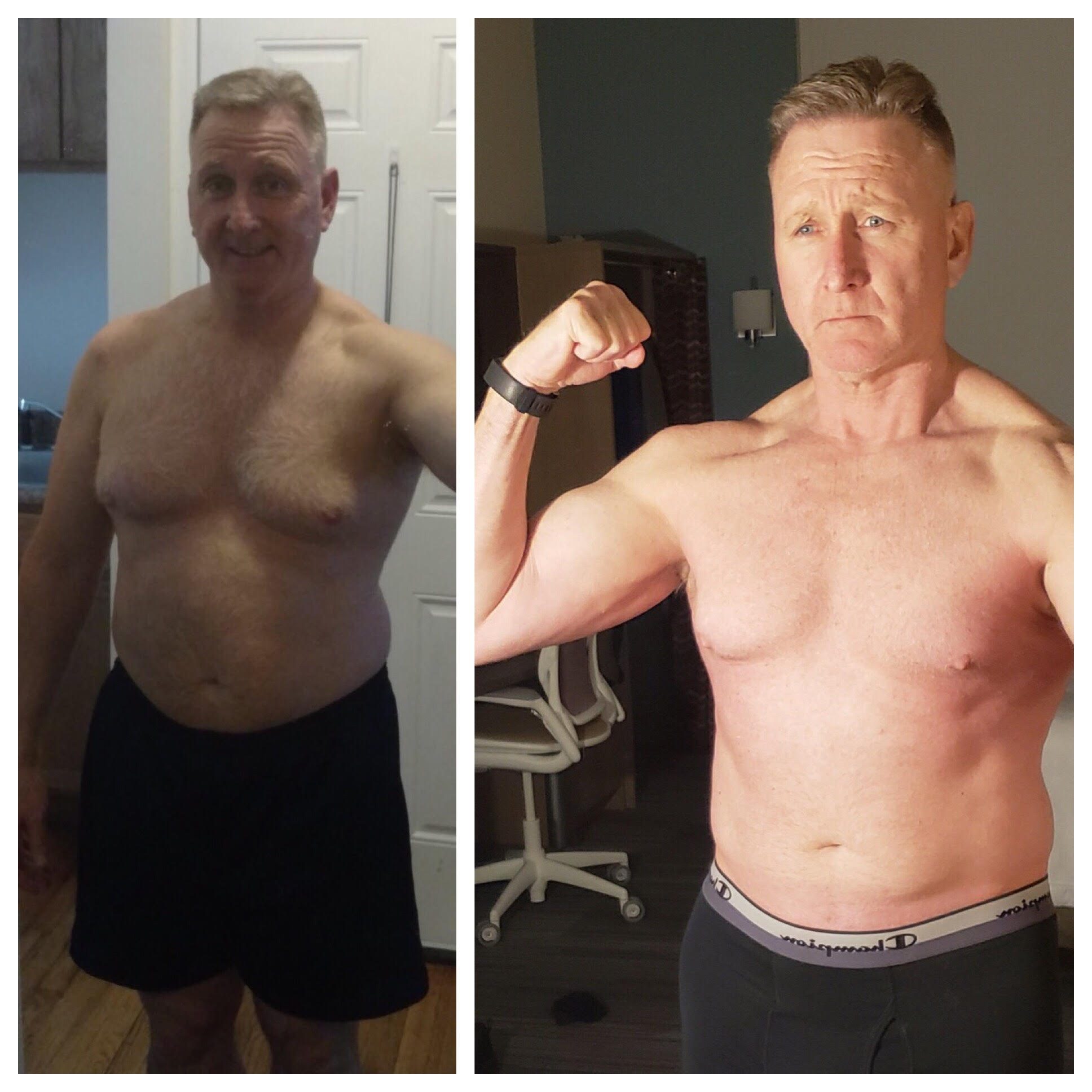

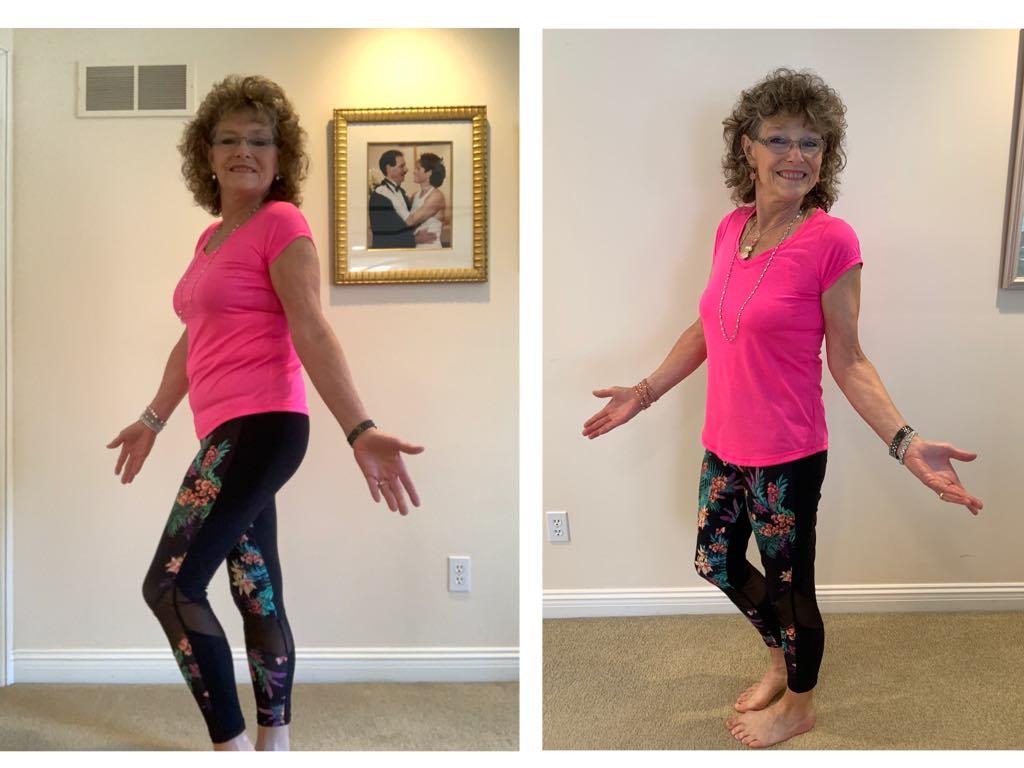


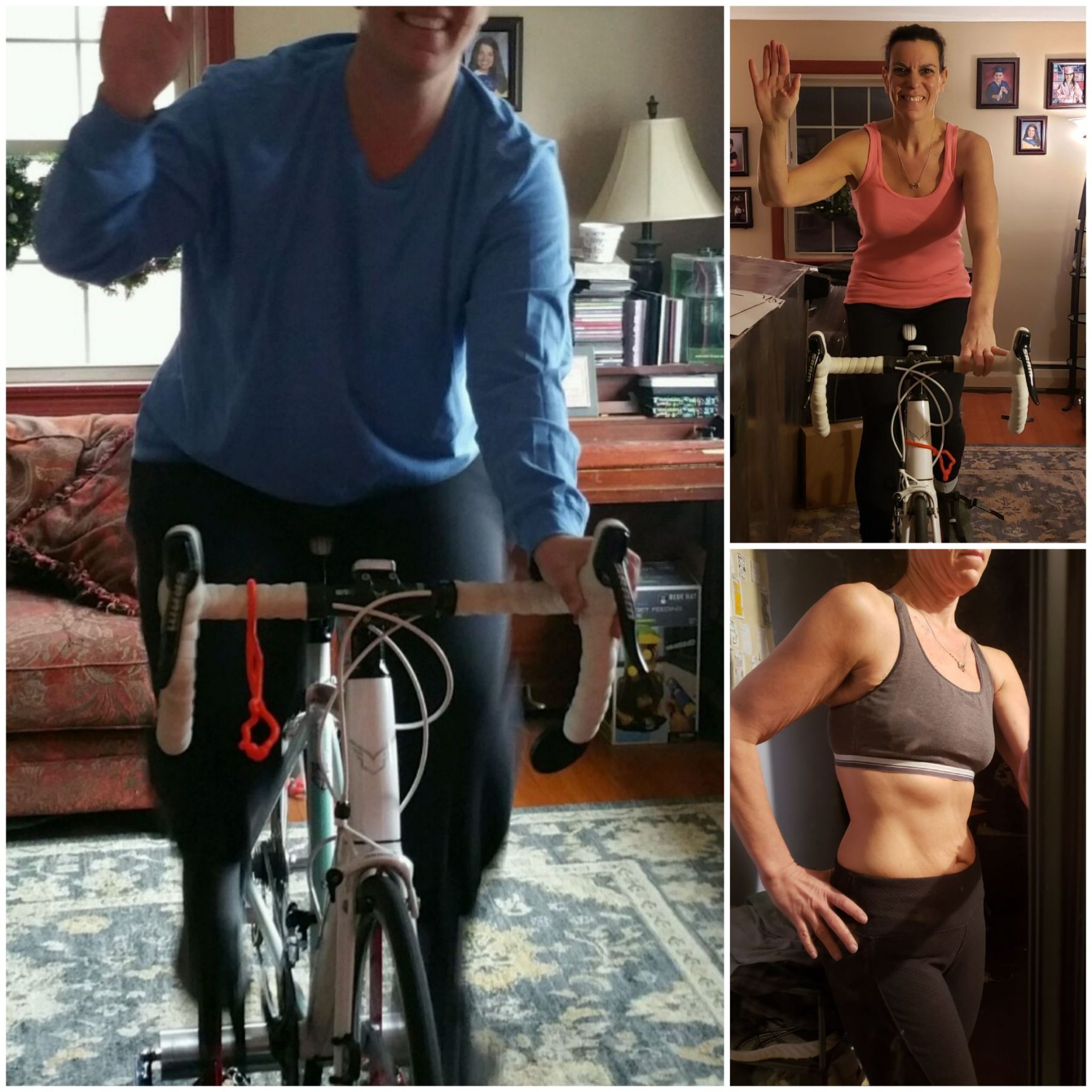

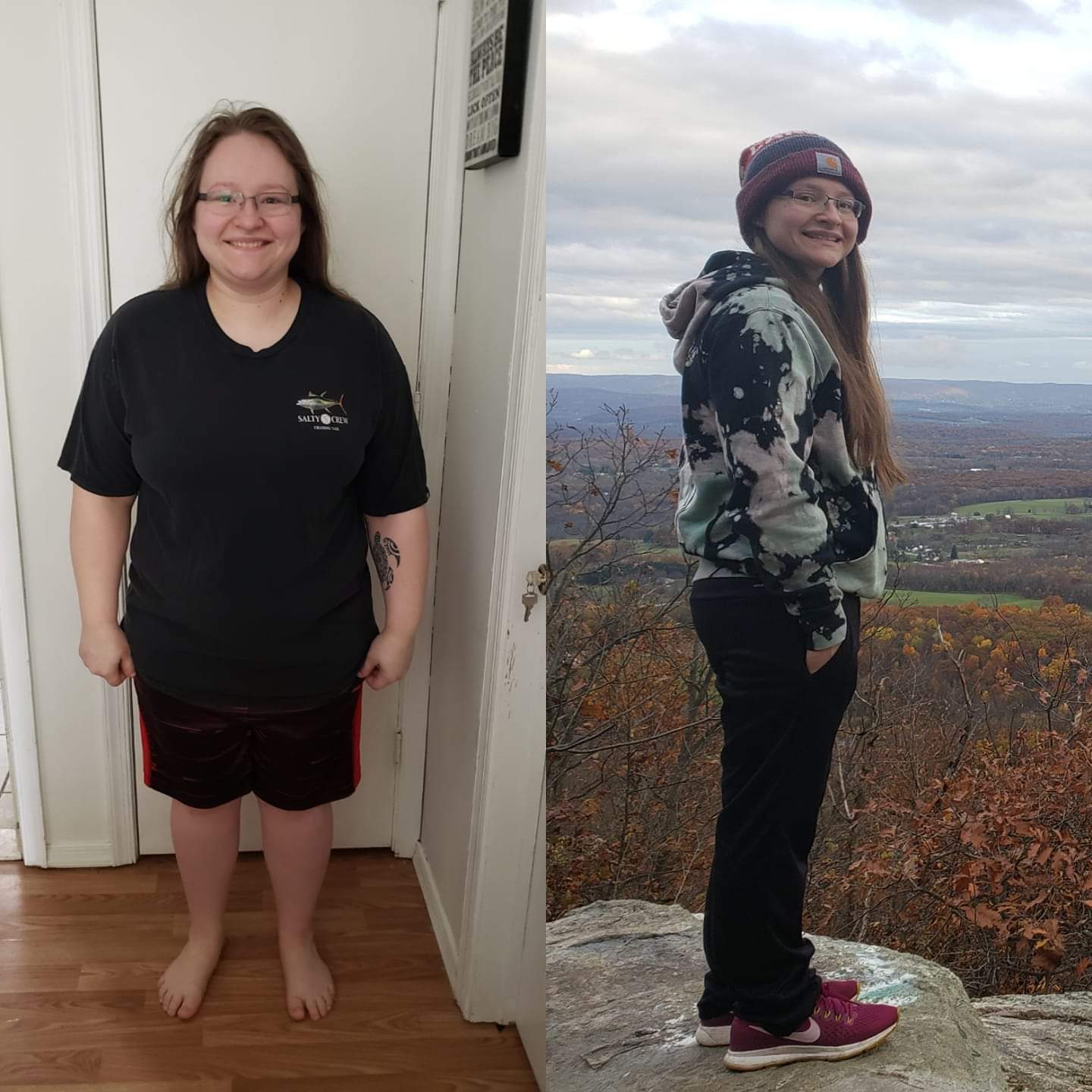

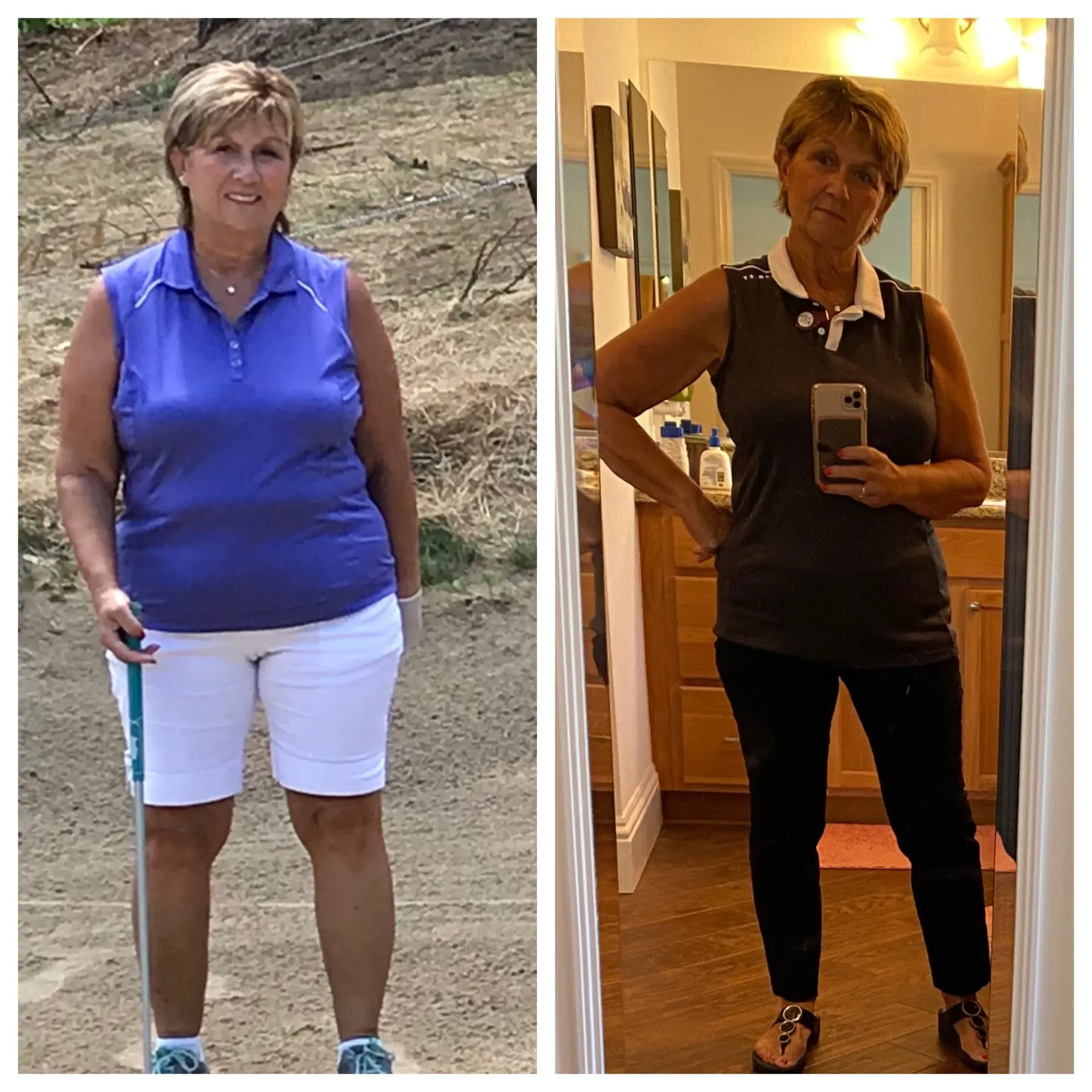


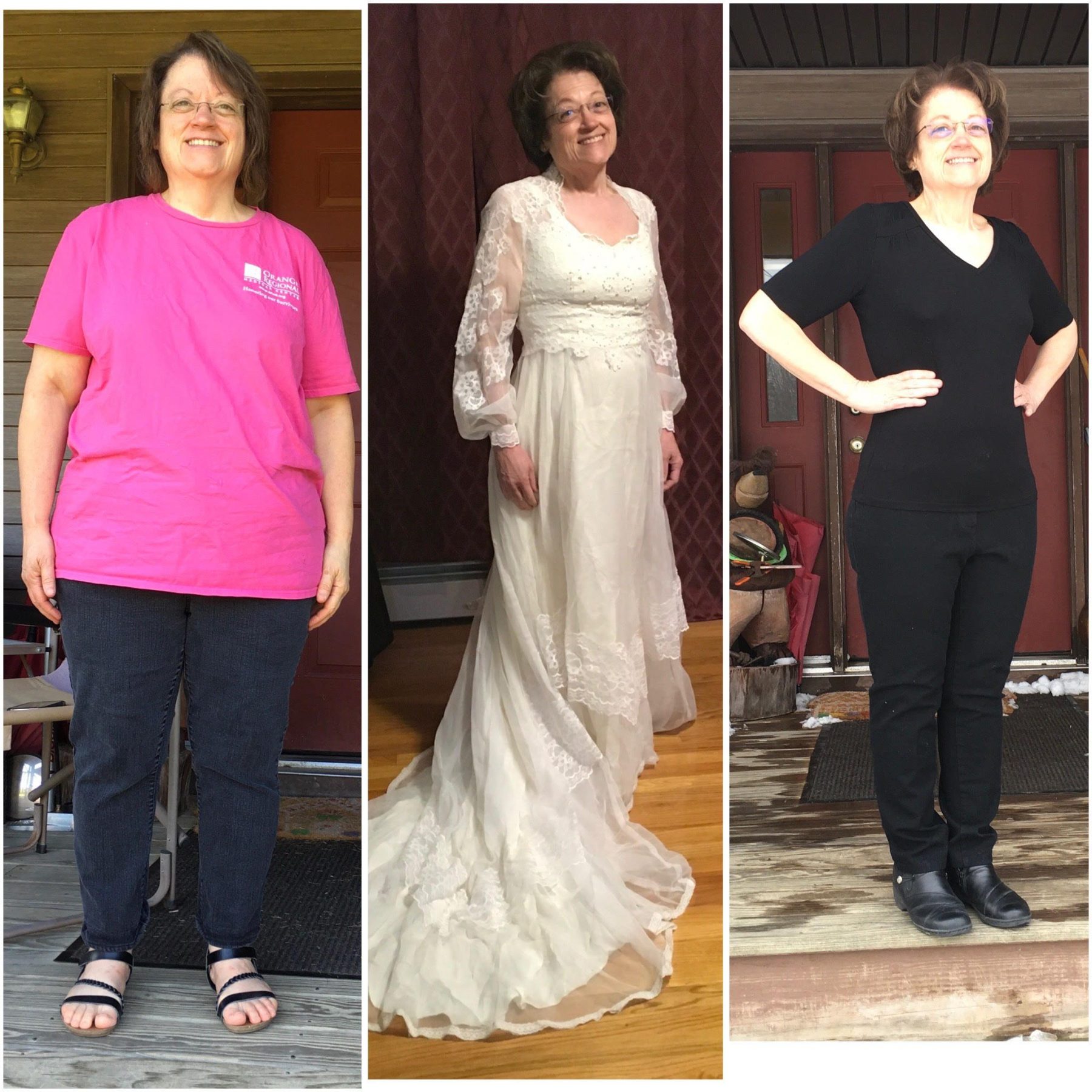
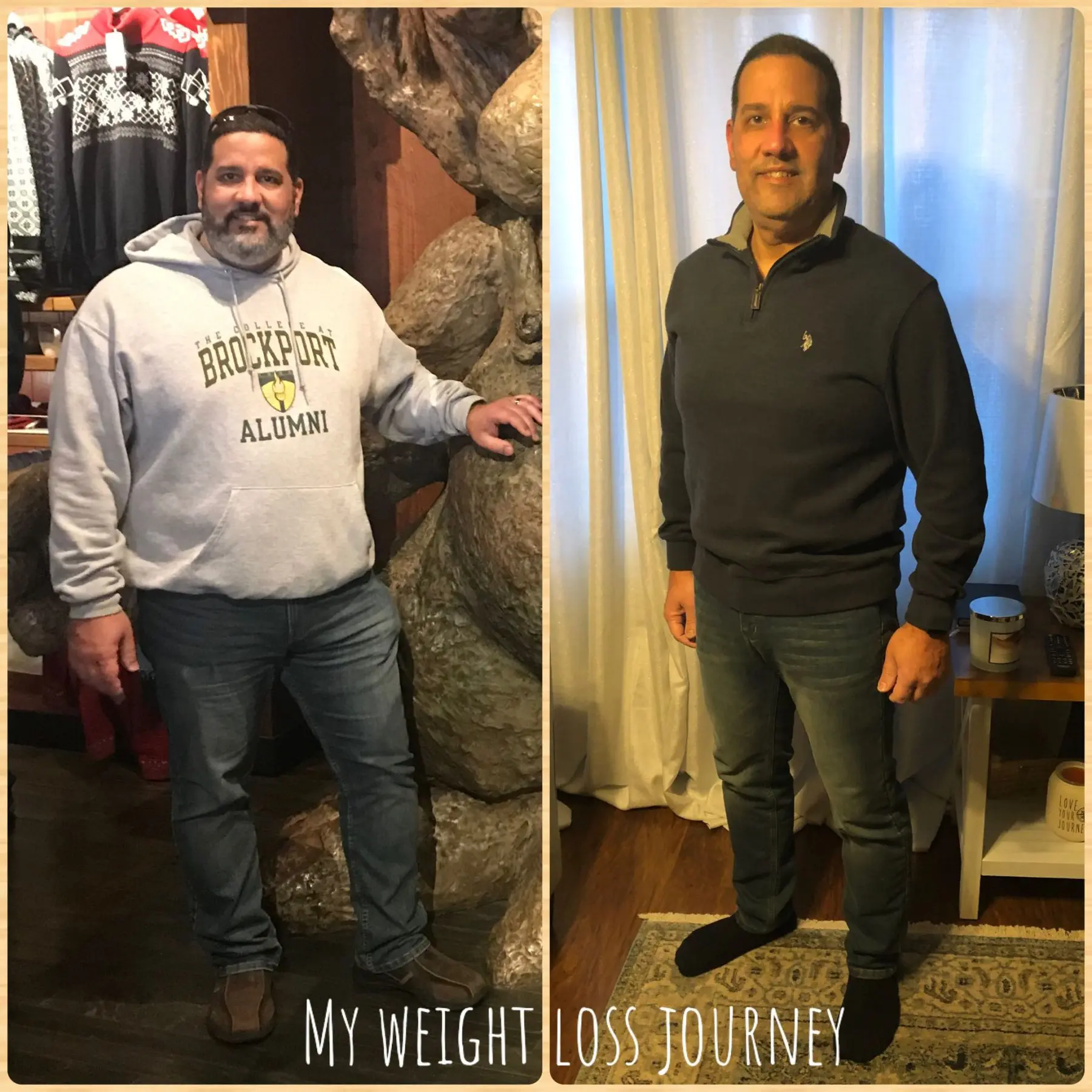
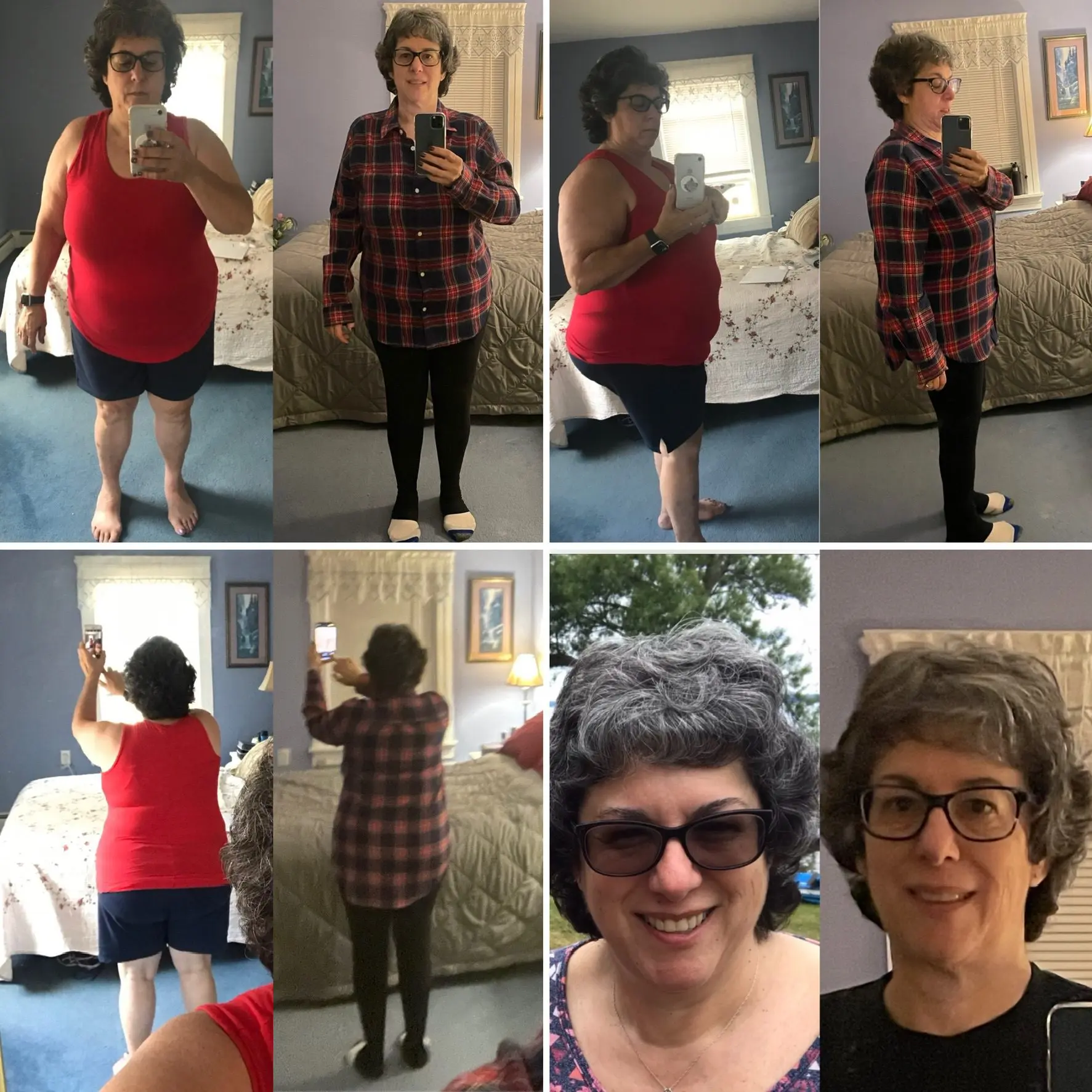
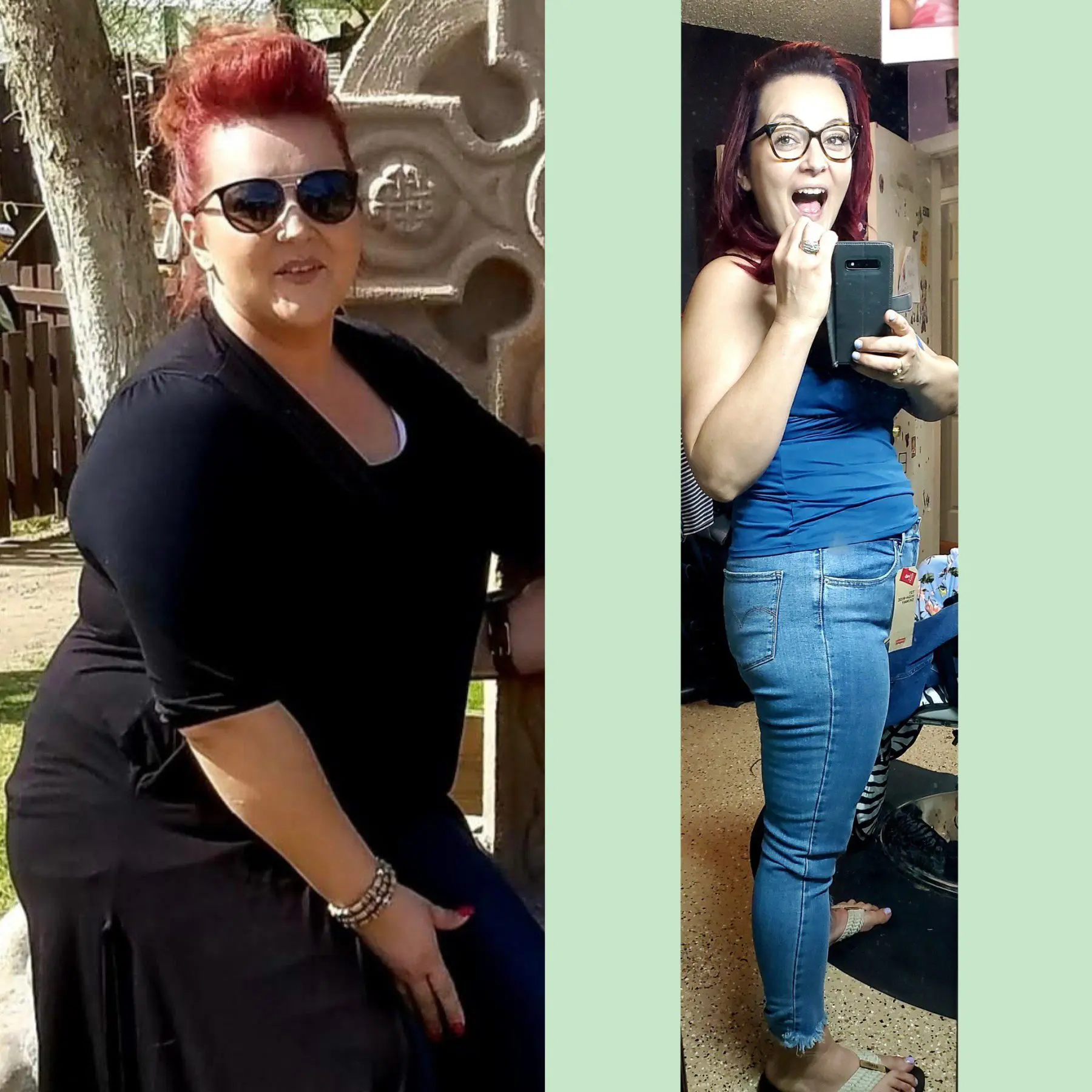
0 Comments